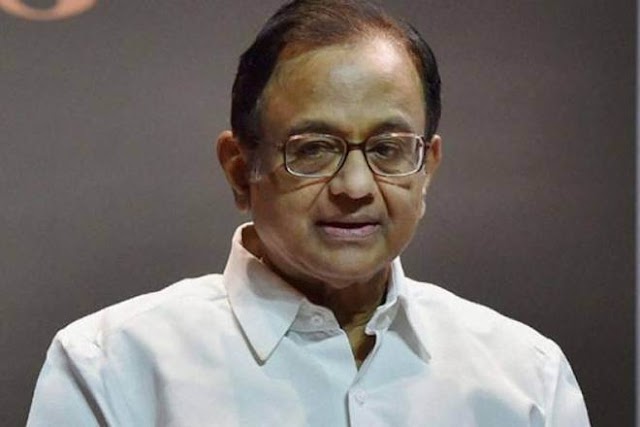Maruti Suzuki India Limited today said
it would increase prices of its various models in January to pass on the rise
in input costs. The company did not specify the quantum of the price hike or
its effective date. The announcement of a price hike comes even as companies,
including Maruti, have struggled to sell their products, owing to various
reasons. Maruti’s total monthly wholesale sales in November were 3.2% lower
from a year ago at 141,400 units.
“The cost of
company's vehicles has been impacted adversely due to increase in various input
costs. Hence, it has become imperative for the company to pass on some impact
of the above additional cost to customers through a price increase across
various models in January 2020. This price increase shall vary for different
models," the company in a BSE notice.
At 1205 pm,
Maruti shares traded 0.3% higher at ₹7,161 in a weak market.
The BSE Sensex was down 0.5% at 40,609.59.
Worldover, the automobile industry,
particularly car manufacturing, is undergoing a major shift due to both
regulatory and technology changes, in the process holding back consumers from
making purchases.
With rising
concerns over climate change, many counties including have set ambitious plans
to move to electric vehicles altogether. While India hasn’t yet set a deadline
for this, it will move to cleaner petrol and diesel vehicles and fuel from
April 2020, conforming to Bharat Stage-VI (BS-VI) standards on emission. Many
manufacturers, Indian and foreign, plan to stop making diesel vehicles in the
near future, a move away from a fuel considered dirty.
Buyers, in
anticipation of the new BS-VI norms, are reluctant to buy cars immediately, on
fear of regulatory changes and the cars thus having a shorter run on the road.
Many of them are also discouraged by the ever reducing prospects of a second
hand vehicle in a changed environment that favours cars compliant with new
norms.








0 Comments